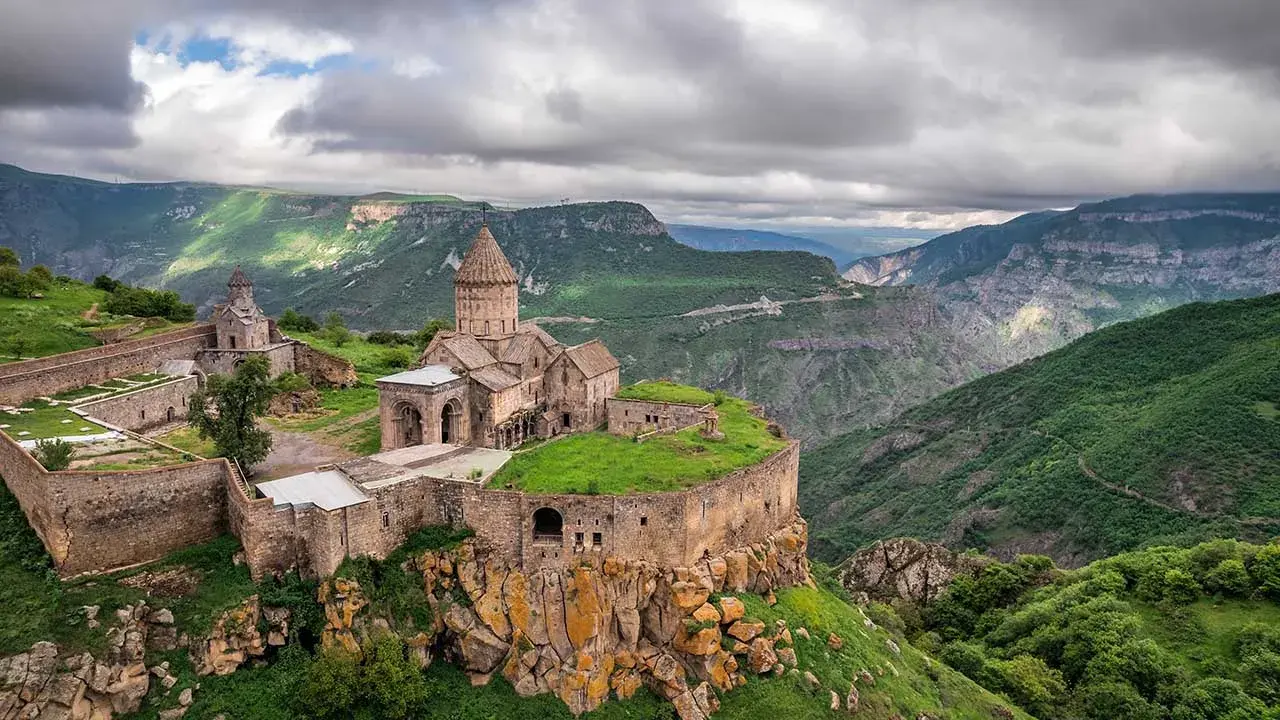The partial eclipse will start around 12:48 IST and will end at 16:17 IST. The duration of the partial eclipse hence will be for 3hrs 28 minutes and 24 seconds, making it the longest eclipse of the 21st century and the longest in almost last 600 years
On November 19, stargazers can enjoy a partial lunar eclipse the longest eclipse in 580 years. It will also be the last lunar eclipse of the year.
The last time a partial eclipse lasted so long occurred on February 18, 1440, and the next time a similar one will occur on February 8, 2669.
Dr Debiprosad Duari, Director, Research & Academic at MP Birla Planetarium, Kolkata explains: “The partial eclipse will start around 12:48 IST and will end at 16:17 IST. The duration of the partial eclipse hence will be for 3hrs 28 minutes and 24 seconds, making it the longest eclipse of the 21st century and the longest in almost last 600 years.”
A partial lunar eclipse occurs when the Earth comes between the Sun and the Moon, but not in a perfect line. A small part of the moon gets covered by the Earth’s shadow and we can see a reddish Moon.
It is also called the frost moon or beaver moon. November full moons earned this name as this is the time of first snowfall and frost, and beavers start building their dams or traps.
The eclipse will be visible in North America, South America, Eastern Asia, Australia, and the Pacific Region. In India, a small part of Arunachal Pradesh and Assam will experience the partial eclipse, and those from Uttar Pradesh, Bihar, Jharkhand can see the end part of the penumbral eclipse.
A penumbral lunar eclipse takes place when the Moon, Sun, and Earth are imperfectly aligned and the Moon moves through the outer part of Earth’s shadow called the penumbra.
The next total lunar eclipse will be on May 16, 2022, but it will not be visible from India. India will experience a total lunar eclipse on November 8, 2022.
************************************************************************
Readers











